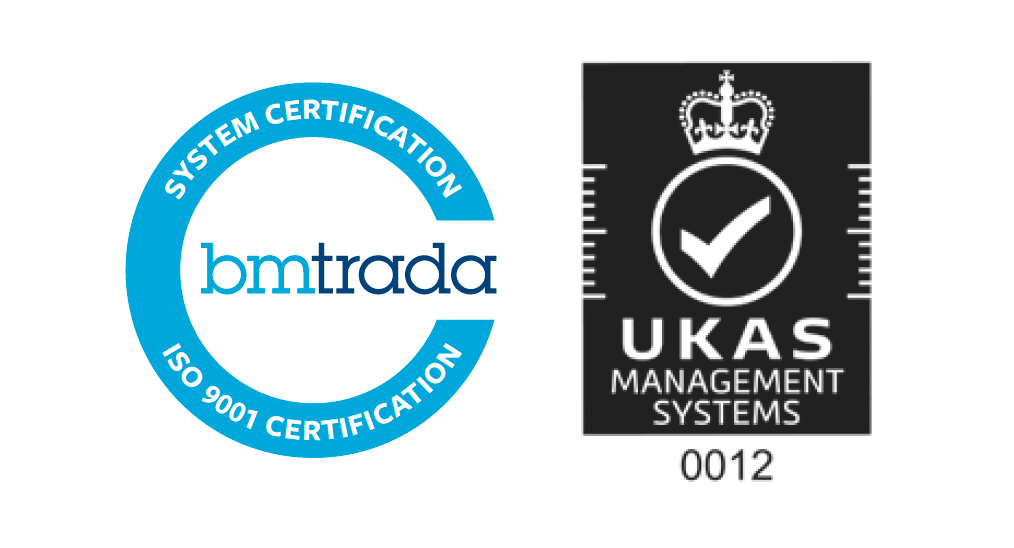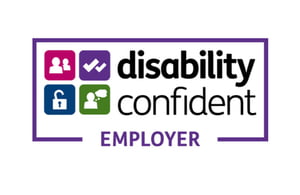As integrated care systems (ICSs) are being established across the country, each local partnership is defining both its core purpose and subsequent top priorities; both will be critical to their mission to bring disparate services together around people and place.
Local authorities, NHS Trusts, frontline GPs, mental health services, pharmacy, dentistry, Clinical Commissioning Groups and community organisations are carefully considering their governance structures based on the two board system, integrated workforce & financial strategies, their financial flows and early versions of their integrated care strategies.
However at the beating heart of the change which we desperately need is also robust system intelligence, data, analytics and the capacity to provide answers to the fundamental questions that will underpin the success of each integrated care system and their sometimes complex geographies, tense relationships and difficult partnership arrangements.
Having a clearly demonstrated and understood evidence base for setting priorities and agreeing investment decisions will be essential in the brave new world of integrated systems, pooled budgets and shared responsibility. Without this clear evidence base, centring on the wider determinants of health in a locality and the needs and assets of local communities it will be much more difficulty to refine areas of focus for the partnership.
In Bolton we have recently tried new ways of supporting pregnancy in areas with the highest numbers of low birth weight babies, stillborn babies and postnatal depression. This came from a meeting of the Foundation Trust Board where we asked for detailed intelligence on the neighbourhoods and families who had the poorest health and where healthy life expectancy was declining the fastest. All this intelligence is in both public health Joint Strategic Needs Assessments and NHSE datasets but isn’t always used by individual organisations and systems to determine how they allocate their resources and agree their priorities.
We found that the poorest health was predominantly in the poorest areas and those with the highest proportion of BAME citizens. Rather than wait for the issues to get worse we set up a health hub in the heart of the area and began engaging with local community groups, neighbours, shops, churches, mosques to supplement the hard data with citizen intelligence. Who are the people who get things done in the community? Where do people go if they need help?
Our entire vaccine campaign in Bolton which hit the national headlines, was based on fine grained local intelligence on take up and vaccine hesitancy gathered by Carnall Farrar for NHSE as part of the national vaccine take up strategy. This was an incredible team effort lead by Helen Lowey Director of Public Health and Bolton Council and Dr Helen Wall, CCG Lead on Vaccines.
In addition to the NHSE and local public health hard data, anthropology and detailed local knowledge were used to encourage people to overcome hesitancy including a local Polish Catholic Priest who fronted a campaign to address the issue in his local community by being filmed being vaccinated and circulating the film.
Something we also tried in Wigan with partners was a “perfect week” in a local community based within a GP practice and then later in a primary school. We took all the data and intelligence we had about the local place as well as soft intelligence from the front line public servants who worked in the NHS, housing, police, DWP, school etc and started to remove the system barriers we had constructed over the years with remarkable outcomes, particularly for child and adolescent mental health services. We streamlined and speeded up pathways, stopped the revolving door or related assessments and referrals and set up fast track services. We found that accessing services more quickly meant less expensive acute intervention was needed. We found also that raising thresholds when funding was tight was counter productive as we just ended up with more people with more serious illness accessing services later.
Using risk stratification systematically across the ICS is also essential to target individuals and households with certain risk factors, including the risk of an unplanned hospital admission, cancer, children starting school not ready for school, and many more wider determinants of health through proactive and targeted screening and early diagnosis.
It’s essential that intelligence on people who currently draw on social care and those are likely to do so in the future is used to intelligently plan the service and workforce requirements for the future as we face enormous workforce issues following the end of freedom of movement and low wages in the sector. We need to look to the work of Social Care Futures to address these wider issues nationally as well as at the local system level.
Having this intelligence is not just important for public health and Commissioners but it’s essential for “providers” (hate that expression) who may disagree on the provider collaborative model but can’t disagree with the evidence base is telling them about where to target their resources and activities.
As Sir Michael Marmot pointed out when he launched his Build Back Fairer in Greater Manchester report at the start of the Summer there are several large shiny new hospitals in Greater Manchester but we still have some of the worst healthly life expectancy statistics in the UK.
So whilst we are focussed on getting to know each other, resolving sovereignty of organisation disputes, agreeing governance and pooling budgets may be the key to real system change is in the evidence base and what it tells us.
Professor Donna Hall, CBE Chair Bolton NHS Foundation Trust and New Local.



